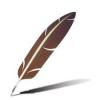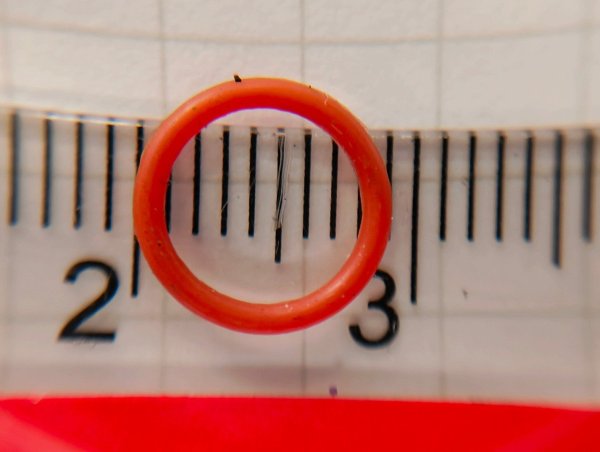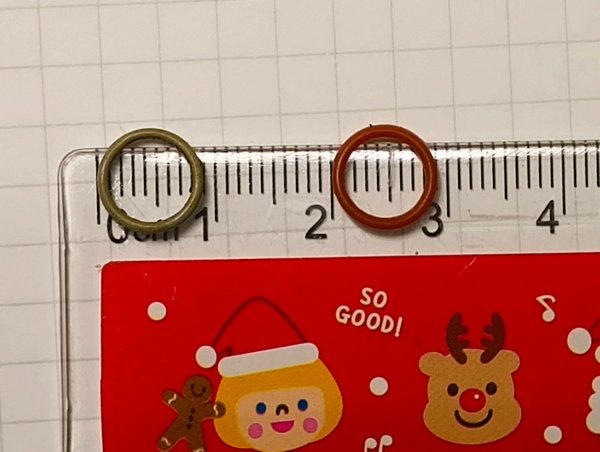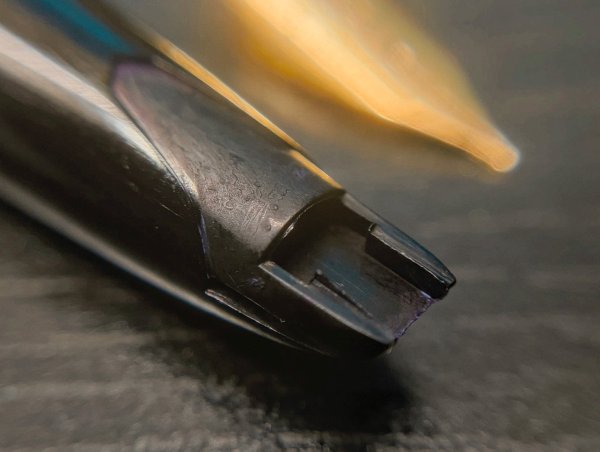Is The Fountain Pen Industry It's Own Worst Enemy?
-
Forum Statistics
354.4k
Total Topics4.6m
Total Posts -
Member Statistics
127,340
Total Members2,585
Most OnlineNewest Member
DavidLip
Joined -
Images
-
Albums
-
Photo for my Posts 2
- By AceNinja,
- 0
- 0
- 17
-
0 - Oct-Nov 2024
- By yazeh,
- 0
- 0
- 76
-
USG 5
- By USG,
- 0
- 0
- 95
-
Misfit’s 6th Album
- By Misfit,
- 72
-
Assorted pens
- By A Smug Dill,
- 0
- 13
-














.thumb.jpg.f07fa8de82f3c2bce9737ae64fbca314.jpg)



.thumb.jpg.331e554113c33fb39d5bf3233878978a.jpg)





Recommended Posts
Create an account or sign in to comment
You need to be a member in order to leave a comment
Create an account
Sign up for a new account in our community. It's easy!
Register a new accountSign in
Already have an account? Sign in here.
Sign In Now